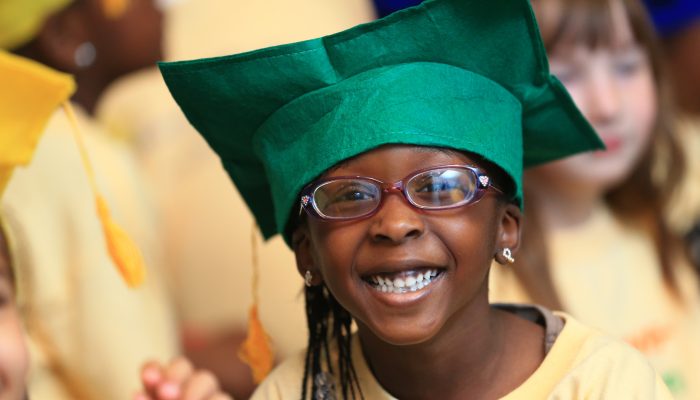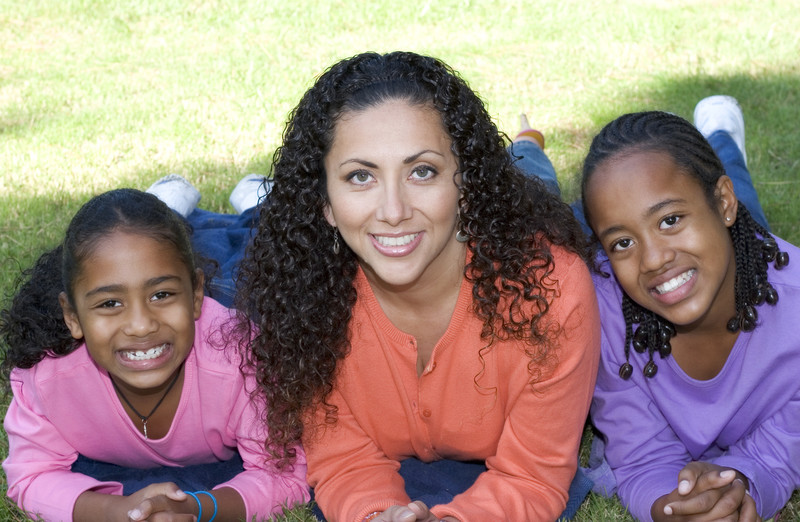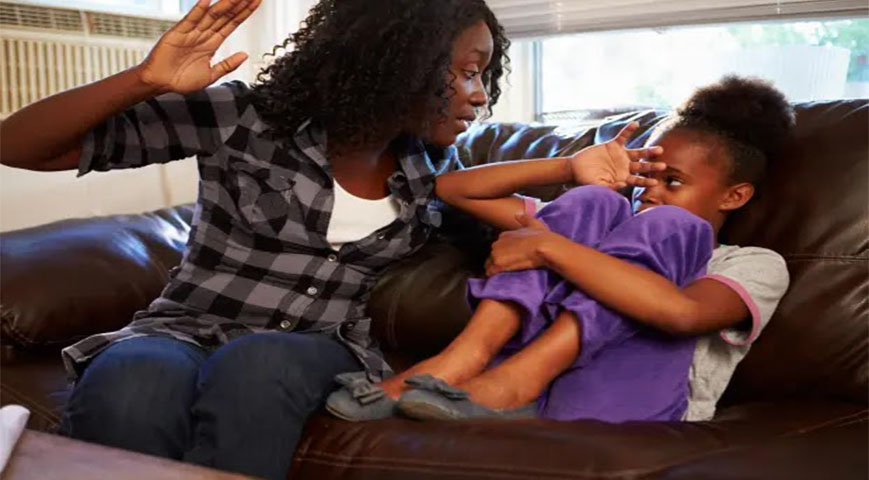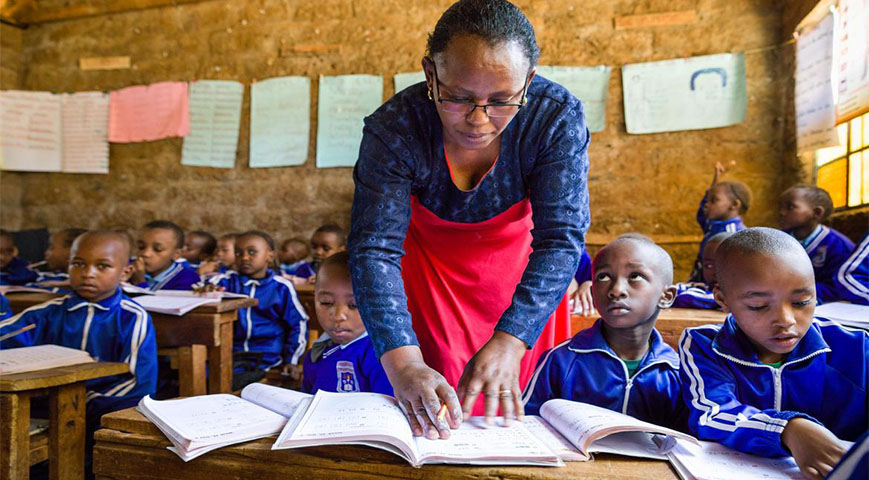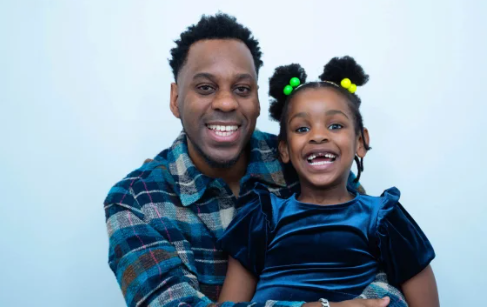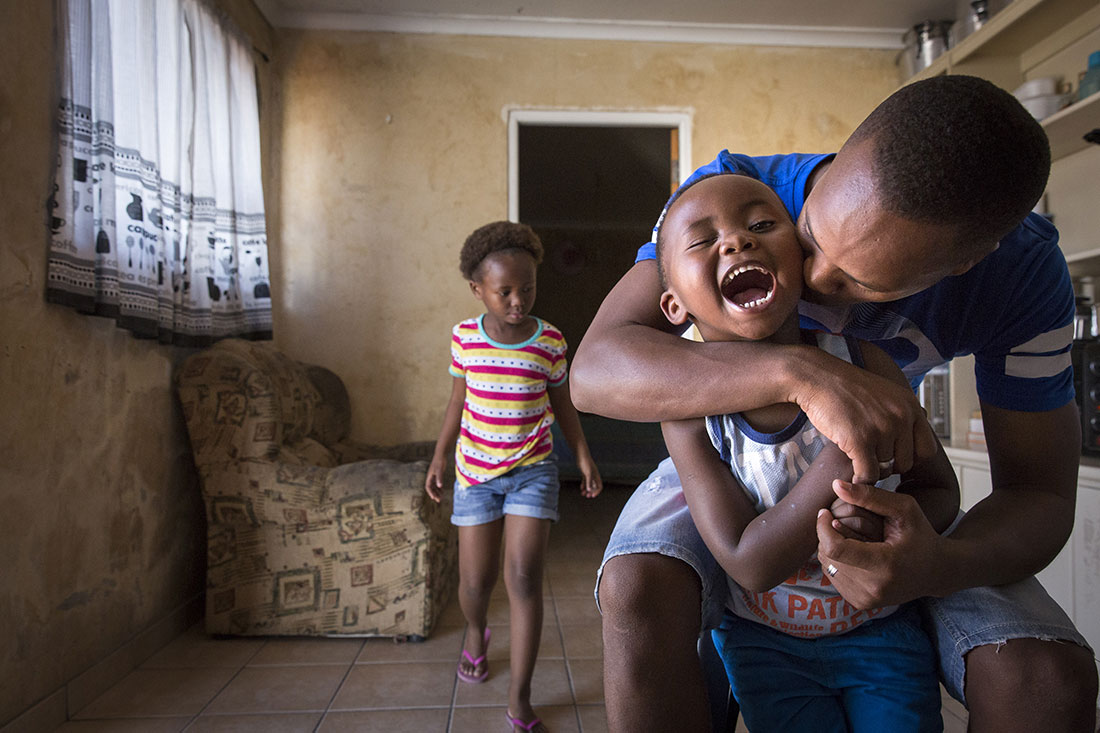Kindergarten is a significant step for young kids, and it can also be a stressful time for parents. As an adult, you want to ensure your child is socially and intellectually ready for a new experience. Here are some suggestions to help your kid get ready for Kindergarten.
1 You should read loudly to your kid.
One of the many vital abilities your child acquires in Kindergarten is reading. Begin reading to your kid at a young age and make it a regular habit. Select age-appropriate and engaging books, and encourage your kid to ask questions and tell the tale.
2 Practice fundamental abilities
Before beginning Kindergarten, your kid must know some fundamental skills such as counting, recognising colours and shapes, and writing their name. You can help your kid practise these skills within the house by engaging in games, doing puzzles, and drawing.
Did you read this?
3 Pay a visit to the school.
Bring your kid to school on the first day. This makes them feel more at ease and at home in their new surroundings. You may also speak with the instructor and ask him or her questions.
4 Encourage self-sufficiency.
Kindergarten marks the beginning of a child's independence. Encourage your kid to get dressed, tie shoes, and carry a backpack on their own.
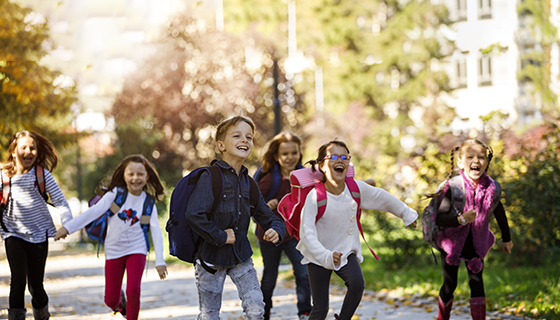
5 Interact with other youngsters.
In Kindergarten, interpersonal abilities are just as essential as academic skills. Encourage your youngster to interact with other kids inside and outside the classroom. This teaches them to share, take turns, and create friends.
6 Create a regimen.
Make a daily schedule for your kid before he or she starts Kindergarten. This makes them feel more secure and equipped. Establish and adhere to regular mealtimes, naps, and bedtimes as much as feasible.
7 Let's talk about school.
Discuss with your child what to anticipate in Kindergarten. Tell them it will be an enjoyable and exciting time for them, while they will gain a lot. Address any inquiries they might have and attempt to assuage any fears or anxieties.
8 become engaged
Volunteer at school or join the PTA to get engaged in your child's education. This will help you understand what your kid is discovering and how you can help him at home.

